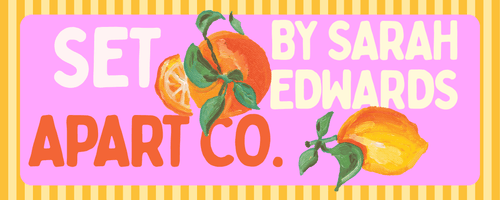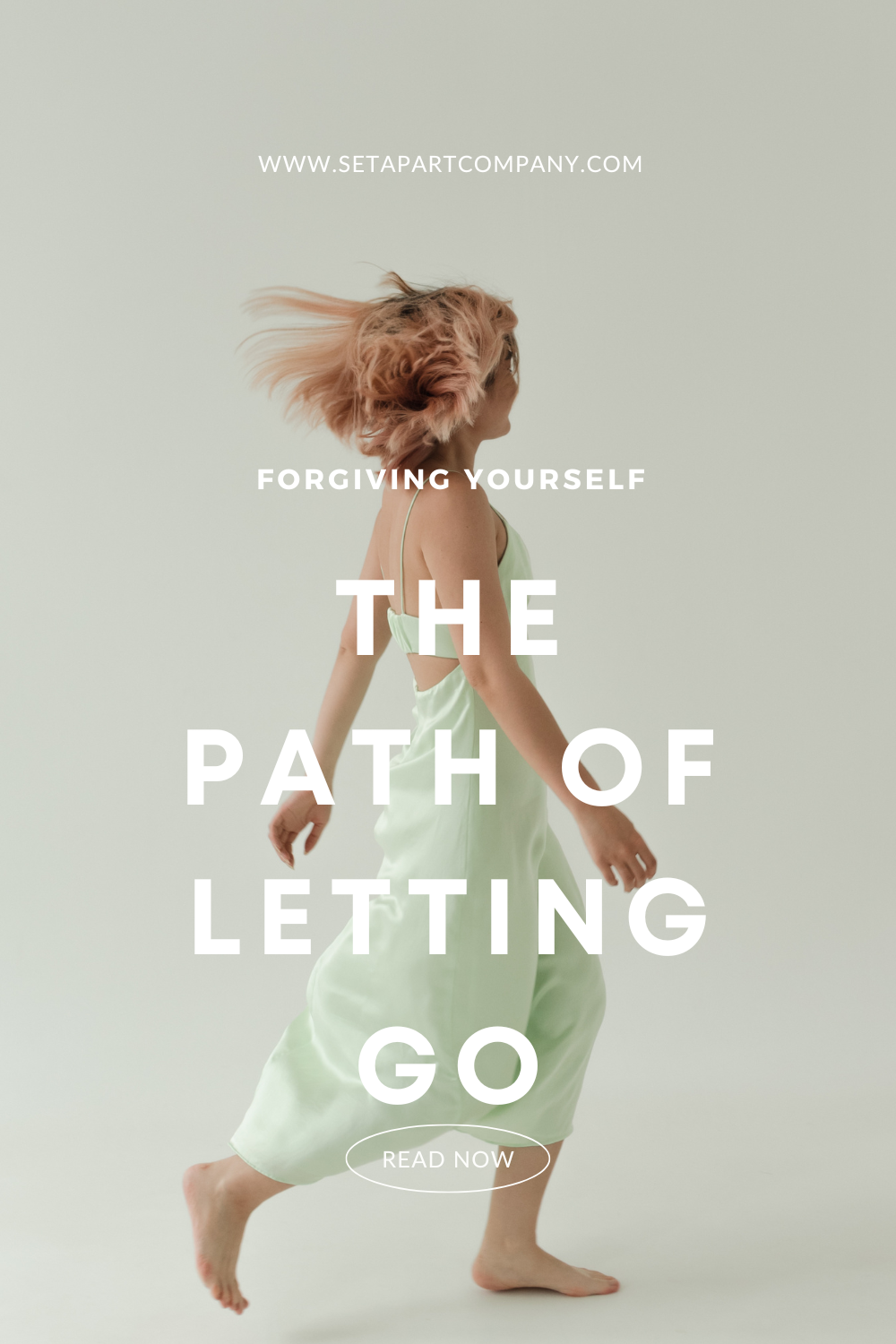I used to think forgiveness was reserved for those “monumental” moments. The big mistakes or emotionally charged experiences.
But I’ve come to realize that the deep forgiveness, the ruminating, nagging, little voices, was the real monster, and that I personally had many of them.
I was complaining about a recurring truth I had been grappling with and I realized my inability to move forward was I hadn’t forgiven my past mistakes yet.
The significance of not forgiving ourselves is oftentimes it morphs into a deep, strong fear that prevents us from making the steps forward.
The most dangerous, least-serving thing you can do, is live in the “victim mentality.”
By blaming others, or the world, and avoiding seeing the pain inside yourself, you are just prolonging your healing, and the lessons you need to learn.
Seeing where we need to forgive ourselves is one of those methods of finding lessons that need to be realized.
Forgiving yourself is one of the most challenging things to do, yet it is one of the most important steps towards healing and personal growth. Despite the contrary, learning lessons about who we are or what we need can be the most powerful thing we do to invest in ourselves.
We often hold onto past mistakes, regrets, and failures, allowing them to define who we are and how we live our lives.
However, in order to move forward and find inner peace, we must learn the path of letting go. But how do we do that? I had no idea, and frankly, it felt impossible.
Whether it's a minor mistake or a major life decision, forgiving yourself is crucial in order to embrace your true self and live a fulfilling life.
Understanding Forgiveness
Forgiveness is the process of letting go of anger, resentment, and negative emotions towards someone who has hurt you.
It means accepting what has happened and moving forward without holding onto grudges or seeking revenge. However, forgiveness is not just about forgiving others, it's also about forgiving ourselves.
Self-forgiveness is the act of releasing ourselves from the guilt and shame of past mistakes and failures.
I realized I was holding onto shame of my past mistakes and it made me fearful of trying again or even bothering in the future.
Why Forgiving Yourself is Important
Forgiving yourself is crucial for your emotional well-being and personal growth. When we hold onto past mistakes, regrets, and failures, we carry a heavy burden that affects our mental and physical health.
We become trapped in a cycle of negative self-talk, self-doubt, and self-criticism.
This can lead to anxiety, depression, and low self-esteem. Forgiving yourself is about breaking free from this cycle and embracing self-compassion and self-love. It allows you to let go of the past and move forward with a sense of peace and freedom.
The Negative Effects of Holding onto Regret
Holding onto regret can prevent us from living in the present and enjoying life to the fullest.
It keeps us stuck in the past, reliving the pain and disappointment over and over again.
This can lead to feelings of hopelessness, helplessness, and despair. Regret can also lead to self-blame, self-pity, and self-loathing.
It's important to acknowledge the past and learn from our mistakes, but it's equally important to let go of the negative emotions that hold us back.
The Benefits of Letting Go
Letting go of past mistakes and failures can lead to a sense of freedom and inner peace. It allows us to move forward without the burden of guilt and shame.
Self-forgiveness can also lead to improved relationships with others, as we become more compassionate and understanding towards them.
It can also lead to greater self-awareness and personal growth, as we learn from our mistakes and become better versions of ourselves.
The Process of Forgiving Yourself
The process of forgiving yourself is not a quick fix, but rather a journey that requires time, patience, and self-reflection. In other words, this is the BIG KAHUNA as I like to call it.
It starts with acknowledging the mistake or failure and accepting responsibility for it. Yikes. Sounds like a lot?
But, It's important to remember that we are all human and we all make mistakes. Avoiding your mistakes, denying them, prevents you from healing. You have to acknowledge to forgive.
I found that what helps is openly explaining, in appropriate conversations, my mistakes and failures. It allows me to take a retro-reflective approach, and come at it from almost an analytical angle.
This makes me sit in the seat from students to teacher, now separating my mistake in the past from myself, and simply as a lesson.
You can change your mistakes to lessons to move into a seat of compassion and power.
Moving forward with self-acceptance means embracing our true selves, flaws and all. As a Christian, personally, this means I can give my sin and shame over to God. I find peace is knowing that we, and the world, is a broken place.
I don’t strive for perfection anymore. I don’t need to be the perfect wife, daughter, friend or sister. Rather, I strive to try and make the best decisions I can in each moment, and be a hyper-aware individual.
I strive to know empathy, compassion, and the language of kindness over being perfect, and always presentable.
Self-acceptance is about treating ourselves with kindness, understanding, and compassion, and that requires you to make mistakes. It requires you to feel the weight of your fears and failures.
You can coexist with these negative emotions without letting them control you.
It's important to set realistic goals and expectations for ourselves and to celebrate our successes, no matter how small.
Letting go of past mistakes and failures can lead to a sense of freedom and inner peace. It's important to acknowledge the past and learn from our mistakes, but it's equally important to let go of the negative emotions that hold us back.
So, take the first step towards self-forgiveness today and start living a fulfilling life.
Written by Sarah Edwards. Want to get to know me? Say hi! https://liinks.co/setapartcompany
This article was originally posted for Set Apart Magazine at www.setapartcompany.com
Disclaimer: Sarah Edwards is not a certified or licensed mental health professional. Rather someone sharing real life experience and findings for others to find commonality and seek actionable steps needed for them.







